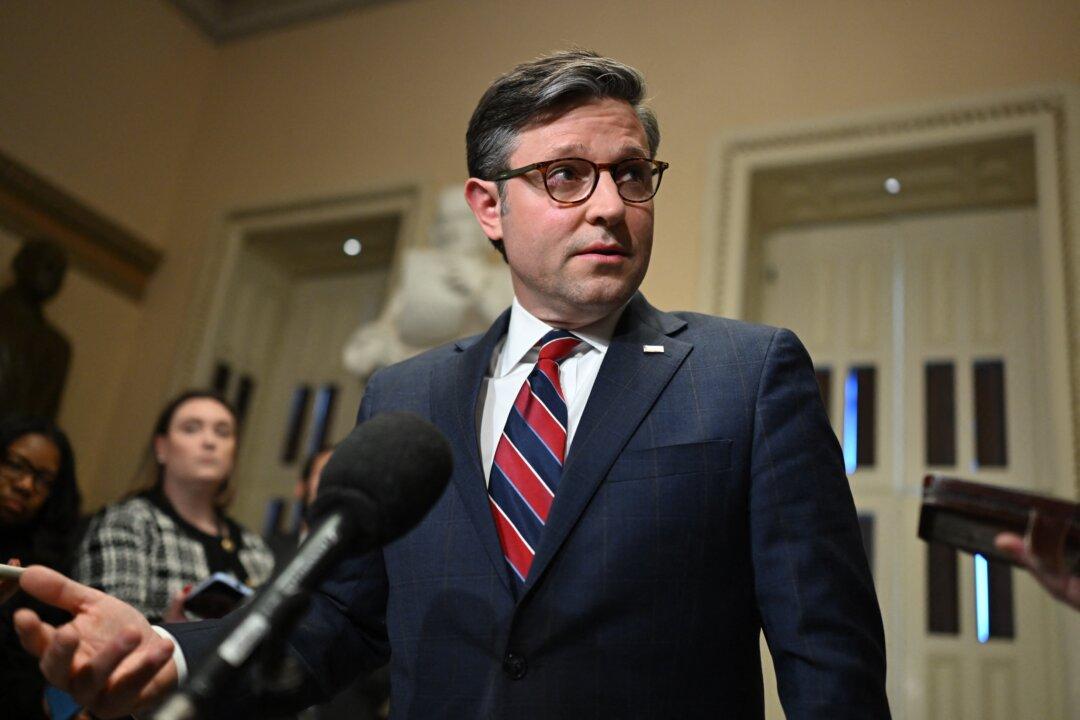House Speaker Mike Johnson (R-La.) has stated that he will not budge from a top-line spending agreement he reached earlier this month with congressional Democrats and the White House. This comes in the face of appeals from conservatives who are more staunchly opposed to the plan and want to find an alternative.
“After weeks of hard-fought negotiations, we achieved a strong top-line agreement that allows our appropriations committee and all those who work on this to complete the appropriations process. It’s an important part of keeping the government running,” Mr. Johnson said on Jan. 12 in a brief statement to the press.





